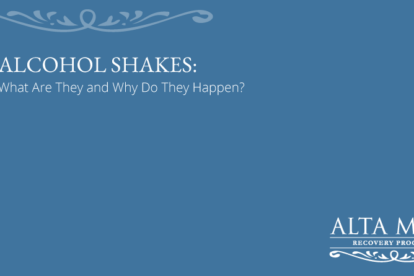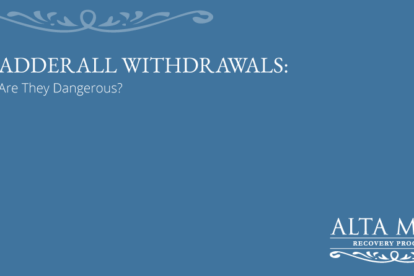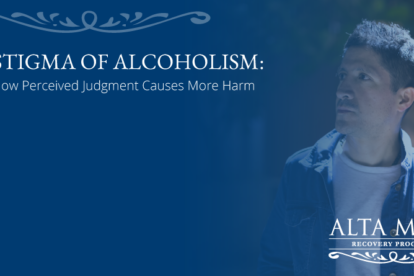
What Are the Signs of a Drug Overdose?
Overdosing on drugs or alcohol—commonly referred to as the slang term an OD—is defined as taking too many substances accidentally or intentionally, which can lead to serious consequences such as unconsciousness and sometimes death.
Overdosing on drugs can happen anytime to anyone who uses or comes across substances and ingests them, including using for the first time. Recognizing the signs of a drug overdose can save your life or the life of someone you care about.
Common signs of an overdose on drugs are dilated pupils, breathing becomes challenging, lips and fingertips turn a blueish color, changes in body temperature, nausea and vomiting, chest pain, confusion, unconsciousness, seizures, violent behavior, convulsions, or death.
What Are the Signs of a Drug Overdose?
People who are experiencing a drug overdose may not have all of these signs, but if they are exhibiting a few, it may indicate a probability that they are overdosing.
- Dilated or pinpoint pupils. Depending on which type of substance used, pupils can change in size or show a rapid quivering effect called nystagmus. When using narcotics including heroin, morphine, hydrocodone, and fentanyl, a person’s pupils will constrict, while other drugs such as cocaine make pupils dilate and become larger.
- Abnormal breathing. When the body is in a state of emergency, or if the air passages become blocked, it will often exhibit slow difficult breathing combined with rapid breathing, or gasping for air, as in an attempt to regulate.
- Blue lips/fingertips & body. Some people experience a rise in body temperature during an overuse of substances, though it is common to see a body change in color as their body temperature will drop, turning lips and extremities to a blueish color. This is a direct sign from lack of oxygen in the body an means the person is close to expiring.
- Nausea and vomiting. Often a person will aspirate during an overdose, causing the body to respond by vomiting contents out of the system. If the person is unconscious and vomits, unable to expel it from their mouth and windpipe, they may end up choking on it.
- Chest pain and irregular heart rate. Too many stimulants can cause rapid heart rate, and lead to heart pain and cardiac arrest. An overly stressed heart can cause small muscle tears, resulting in bleeding and severe pain. Opioids tend to have the opposite effect, causing slower breathing and a reduced heart rate.
- Confusion and disorientation/violent behavior. Confusion and disorientation, accompanied by severe anxiety can also exhibit signs that a person is overdosing. When people are conscious they may not be aware of their surroundings or be able to physically keep their balance. They can talk rapidly or nonsensically, lash out verbally and physically, stumble, fall, cry, or scream. Sometimes a person will exhibit violent and aggressive actions prior to losing all functioning.
- Unconsciousness. When brain cells receive an overwhelming amount of toxins, they can shut down. The severe pressure on the brain caused by substance abuse, or a combination of substances, can cause loss of consciousness.
- Seizures and trembling. When the brain is stopped from performing normal activity and becomes disrupted, electrical activity is deregulated and can cause cells to malfunction, throwing the body in convulsions, or seizures. Overuse of toxic substances is one of the reasons why the brain has abnormal electricity. Seizures can permanently damage brain cells, and some people will not survive them. Shivering and trembling may be signs of the early stages of an overdose and can lead to a more serious seizure.
- Death. A symptom of an overdose when a person can not be revived, and therefore their life ends either accidentally or by taking too many substances on purpose.
Get Help for Drug Addiction
Alta Mira is a Safe Place to Get Your Life on Track
What to Do If You Expect a Person Is Overdosing?
As with any other emergency situation, try and stay calm if you are witness to a person overdosing. Call 911, check heart rate and breathing, ask questions to see if the person can respond and if they are conscious. Provide CPR if you are trained and it is needed. If you know that they overdosed on opioids and there is NARCAN (naloxone) available, administer it immediately. Wait for medical care to arrive.
If the person regains consciousness, gather information such as the type of substance used, time of the last dose, and stay with them, talking to them until help arrives.
Sadly, there are often times that the person who is left to witness another in an overdose is someone doing drugs with them. They may not have the wherewithal to be able to call 911, or feel like they would be in trouble, so they end up doing nothing. Other times, they are aware enough to save their friend’s life by calling and getting help right away.
Drug Overdose Information
There has been a recent rise of opioid use, both synthetic and non- synthetic, causing a vast amount of overdoses in the United States. The statistics are not tracked by the government per overdose rates of each and every drug. In order to see common trends and graphs per year, please visit the National Center for Health Statistics and the Centers for Disease Control and Prevention.
If you believe that you or a loved one is struggling with a substance use disorder, don’t risk the serious consequences of an overdose before getting help. While recognizing the signs of a drug overdose are important, treatment at a residential facility is the best way to safely detox, recover, diagnose any underlying co-occurring issues, and get back on track.






